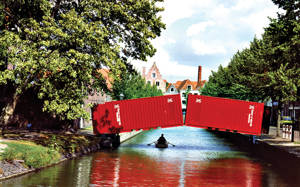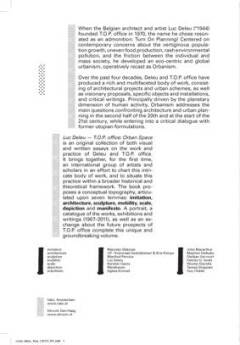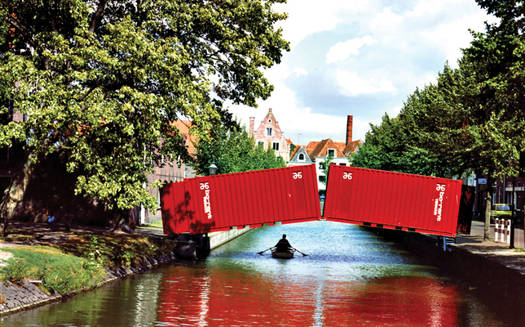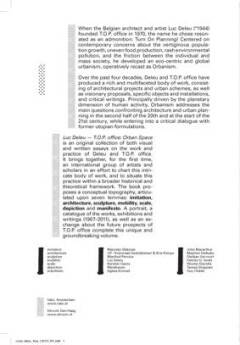
- Afhalen na 1 uur in een winkel met voorraad
- Gratis thuislevering in België vanaf € 30
- Ruim aanbod met 7 miljoen producten
- Afhalen na 1 uur in een winkel met voorraad
- Gratis thuislevering in België vanaf € 30
- Ruim aanbod met 7 miljoen producten
Zoeken


Luc Deleu: Orban Space
The Work and Practice of Luc Deleu, T.O.P. Office
Luc Deleu
Paperback | Engels
€ 27,50
+ 55 punten
Omschrijving
Since founding the T.O.P. ("Turn On Planning") Office in the 1970s, Belgian architect and artist Luc Deleu (born 1944) has been working on a critical, sociological and ecological approach to urbanism that he has named "orbanism" an eco-centric global urbanism that has anticipated such contemporary concerns as environmental pollution, overpopulation, food production and the conflict between the individual and the community. Orban Space traces Deleu's work and practice through a conceptual topography defined by seven terms: architecture, syncretism, depiction, sculpture, scale, mobility and manifesto. This book presents a biographical portrait of Luc Deleu and T.O.P. Office and situates them within a broader historical and theoretical framework, where they emerge from the lineage defined by such idiosyncratic utopian visionaries as the Metabolists, Buckminster Fuller, Superstudio, Yona Friedman and Constant Nieuwenhuis.
Alleen bij Standaard Boekhandel
+ 55 punten op je klantenkaart van Standaard Boekhandel
Beoordelingen
We publiceren alleen reviews die voldoen aan de voorwaarden voor reviews. Bekijk onze voorwaarden voor reviews.












